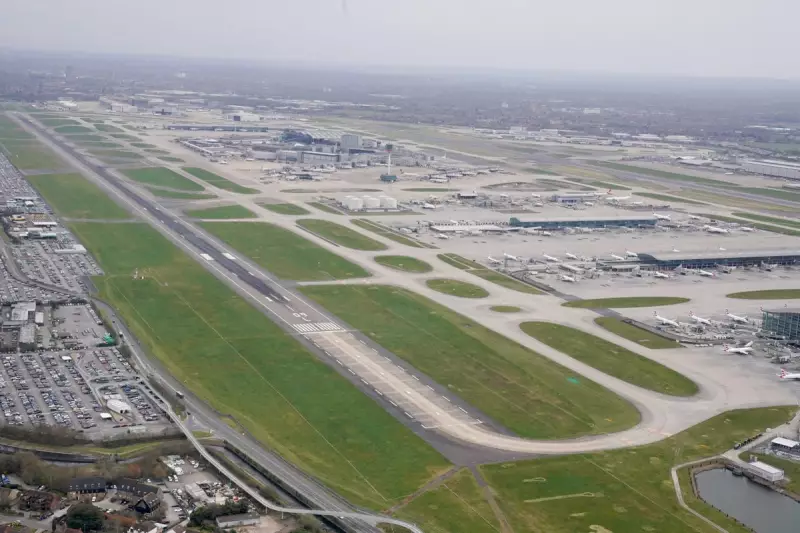
The UK government has given the official green light for a major £49 billion expansion of Heathrow Airport, a decision that paves the way for the construction of a controversial third runway.
Project Details and Economic Impact
Chancellor Simon Calder announced the approval on Tuesday 25 November 2025, describing the new infrastructure as 'badly needed' for the country. The core of the Heathrow expansion plan is a new 3,500-metre runway, a project that forms part of the wider £49bn investment.
Significantly, £21 billion has been earmarked specifically for the runway's construction. This budget includes a substantial £1.5 billion to cover the complex engineering task of diverting a section of the M25 motorway to accommodate the new landing strip.
Capacity Boost and Alternative Proposals
The government forecasts that this expansion will dramatically increase the airport's capacity. By the year 2035, the number of flight movements is projected to rise by 57 per cent, while passenger numbers could surge by as much as 79 per cent.
Ministers have stated that the official proposal from Heathrow Airport was selected as the most deliverable option. However, they have not entirely closed the door on other contenders, leaving open the possibility for the Arora Group to act as the project promoter. The Arora Group had previously put forward a cheaper £25 billion alternative plan for the airport's development.
Opposition and Environmental Concerns
Despite the promised economic benefits, which include supporting international trade, boosting tourism, and creating over 100,000 jobs, the project faces vehement opposition.
Environmental campaigners, led by groups such as the No 3rd Runway Coalition, are fiercely contesting the decision. They warn that the Heathrow third runway will lead to the demolition of local villages, force residents from their homes, and cause massive disruption during the construction phase. Opponents have starkly labelled the government's approval as 'an act of national self-harm'.





